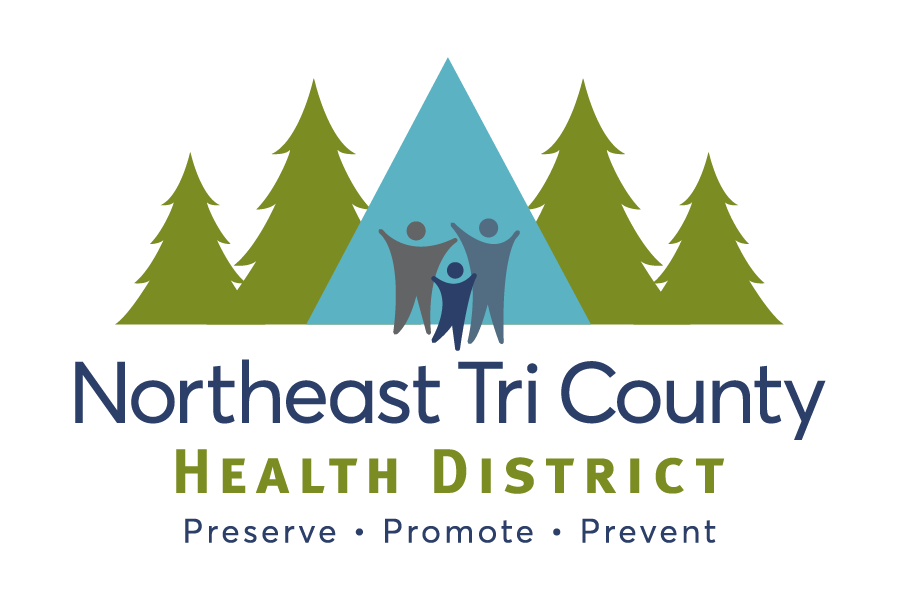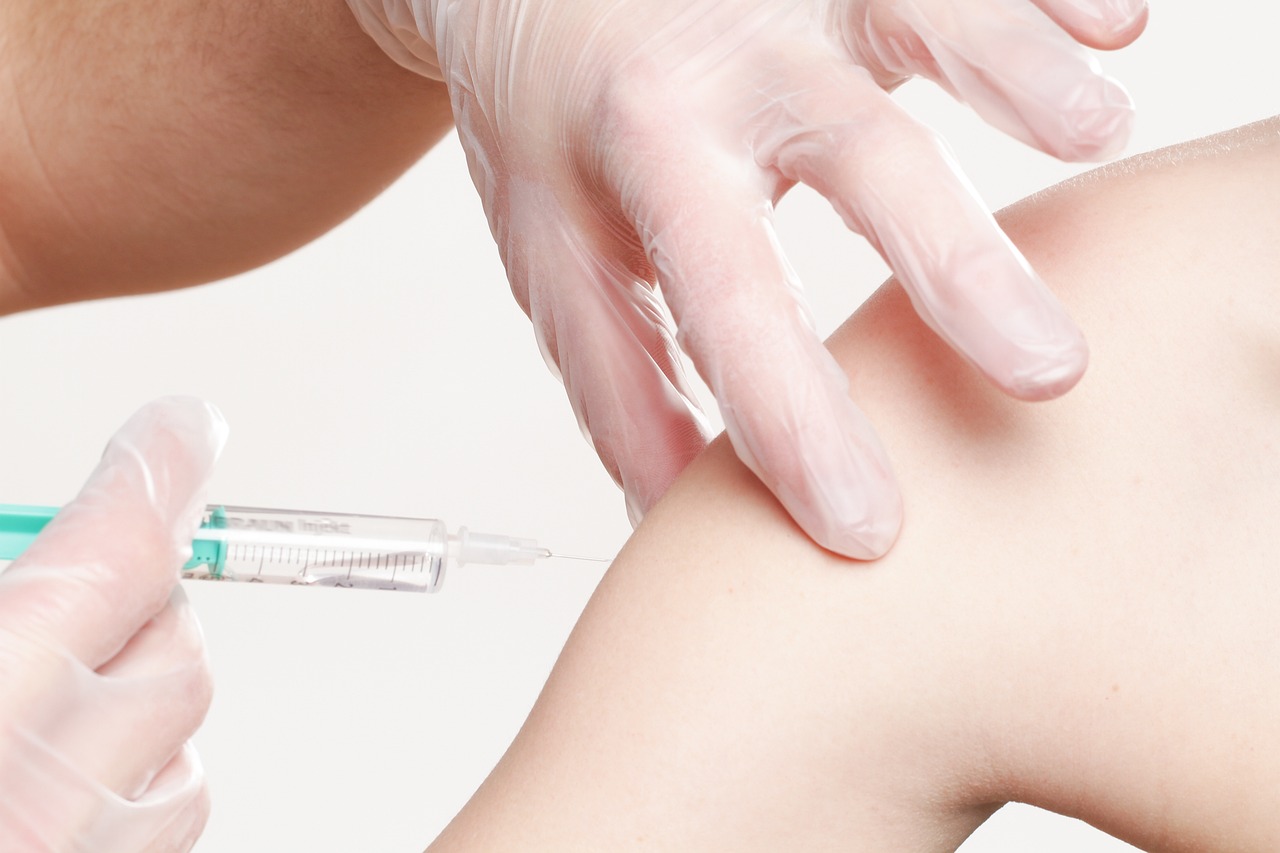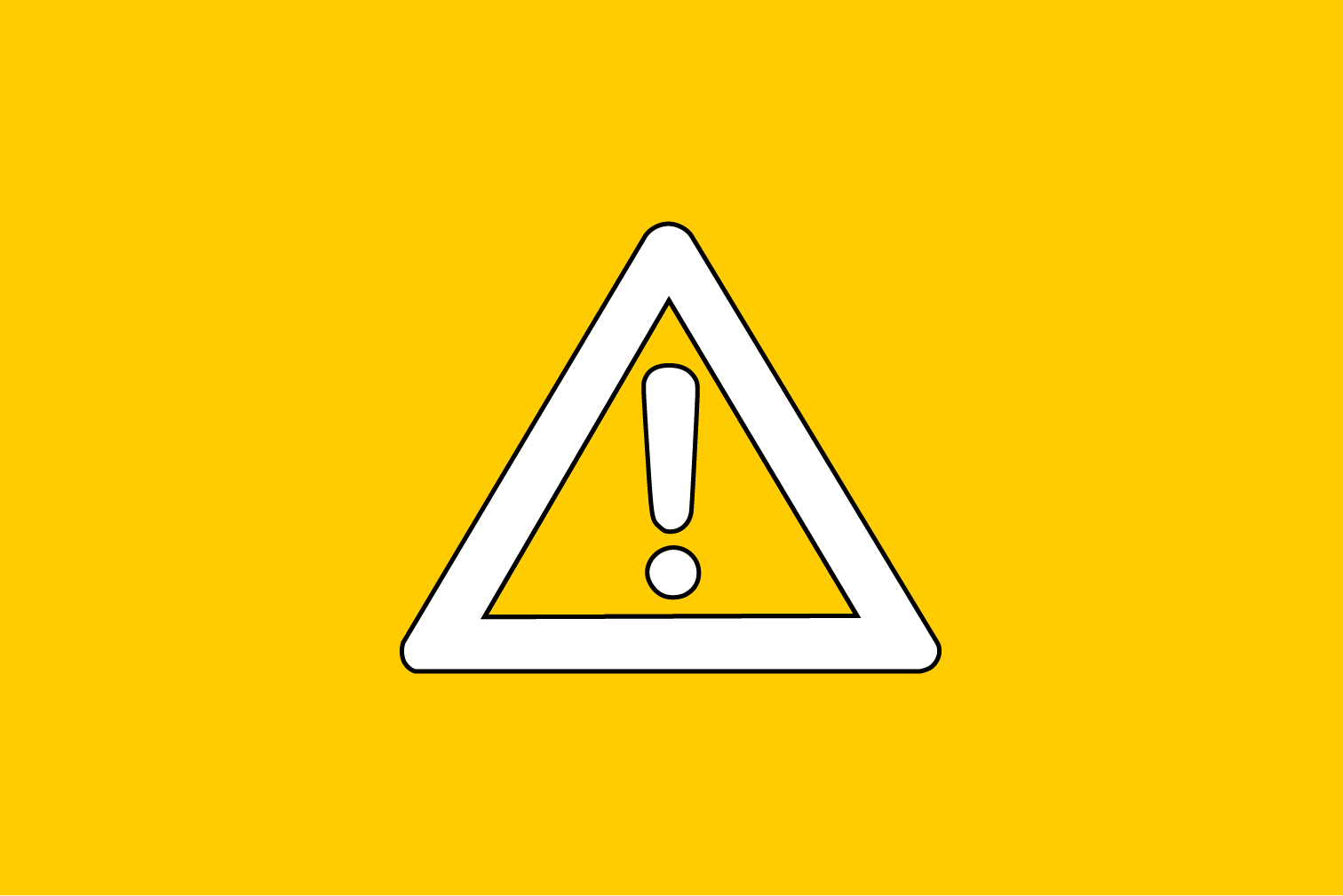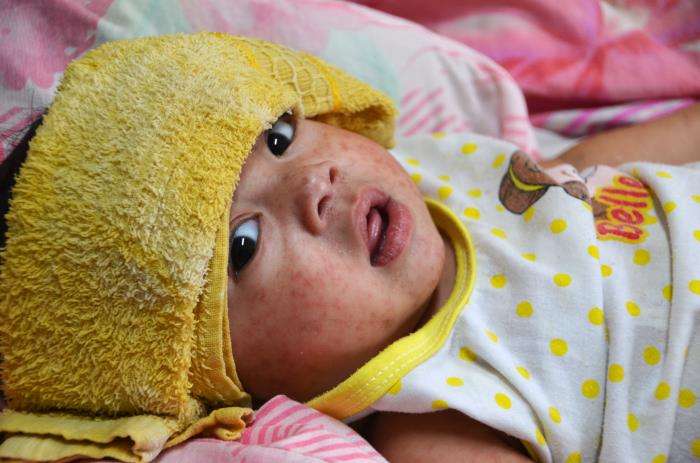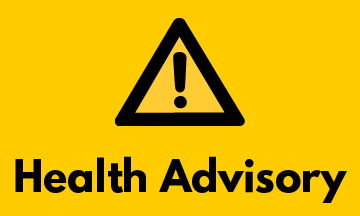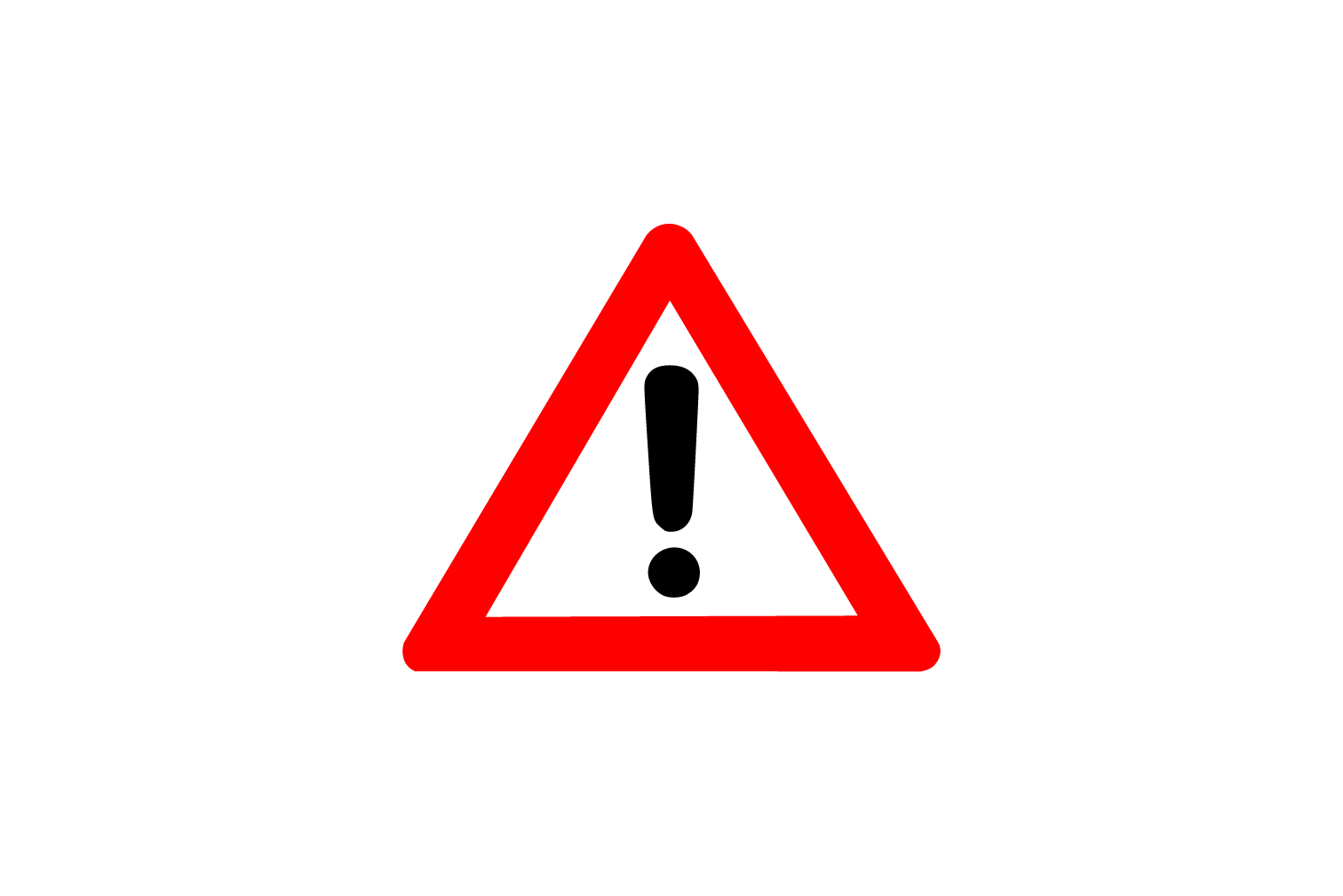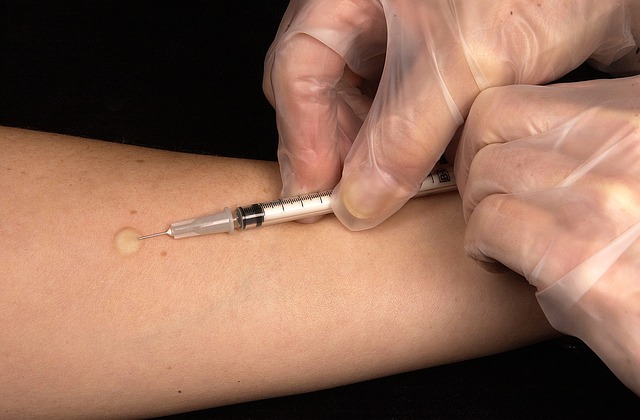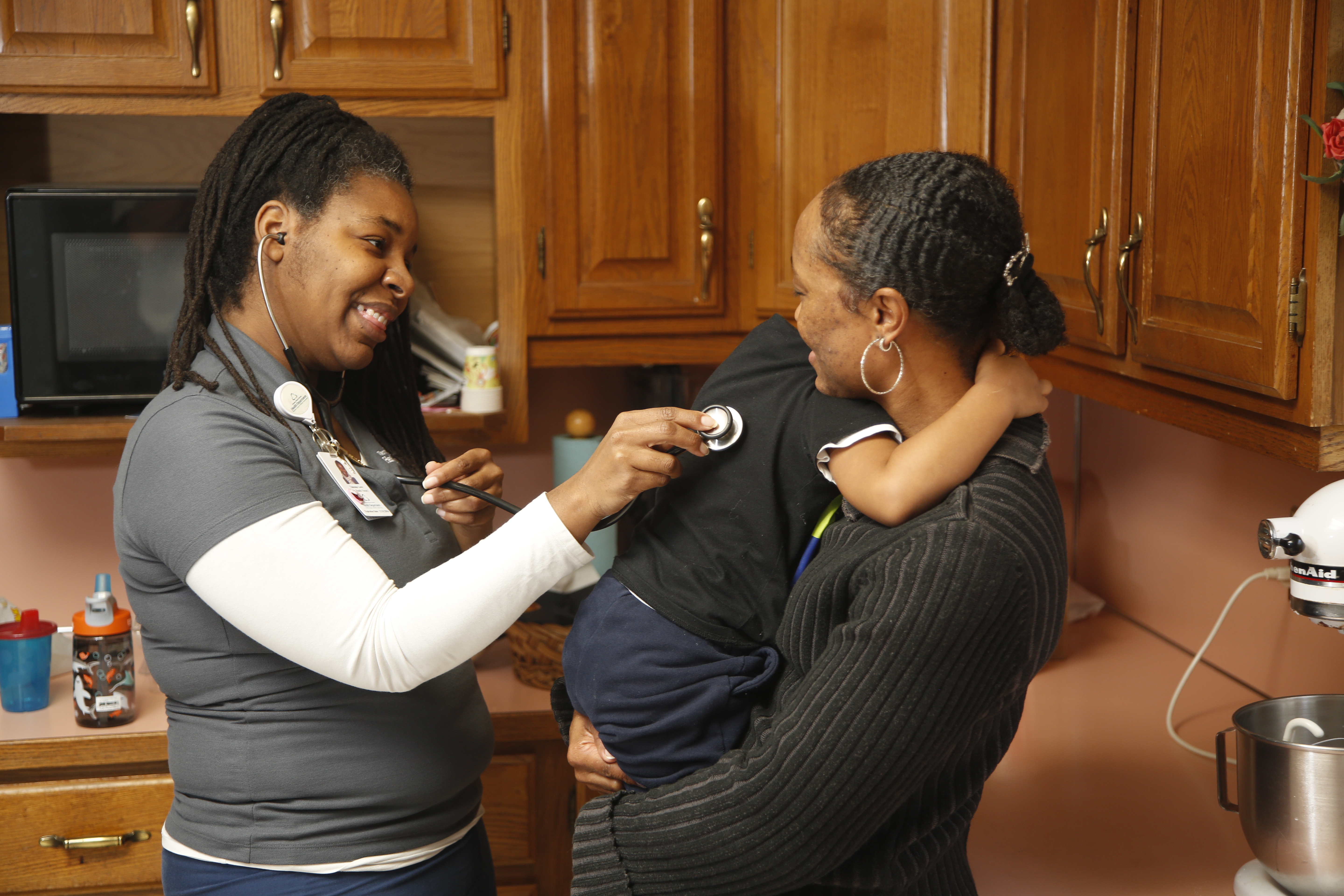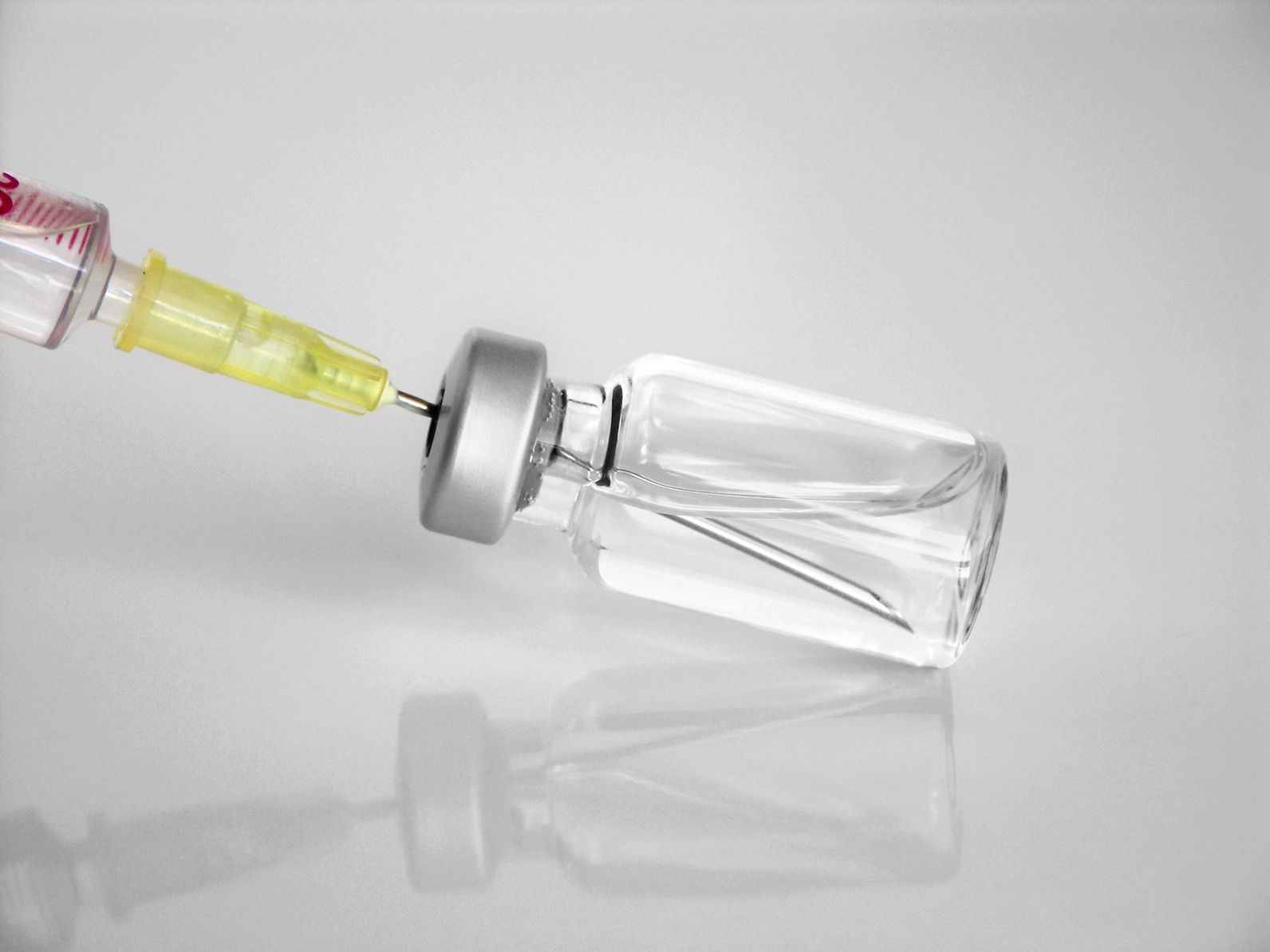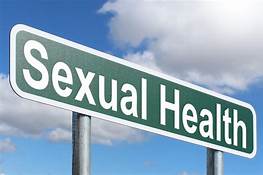-
Washington confirms measles outbreak
Washington State Department of Health (DOH) confirmed a measles outbreak in Snohomish County—the first in the state since 2023. Three unvaccinated children ages 23 months to 9 years tested positive for the highly contagious disease. Additionally, one person in Kittitas county tested positive. The outbreak comes as measles cases are rising across the United States,…
-
11/24/25 Health News: Statement Regarding Vaccines and Autism
On November 21 the Department of Health and the West Coast Health Alliance issued statements regarding vaccines and autism. In short, vaccines are thoroughly tested and remain one of the most important tools we have for preventing infectious diseases. They represent one of the greatest public health achievements in history, having saved millions of lives…
-
11/20/25 Provider Alert: Case of H5N5 Influenza Confirmed in Washington
Current Situation On November 13, 2025, a Washington resident who has been hospitalized with respiratory illness symptoms since early November tested positive for influenza A H5, a type of avian influenza. Subsequent sequencing confirmed the patient was infected with H5N5 influenza virus. To our knowledge, this is the first known human case of H5N5. The…
-
11/13/25: Health Alert: Infant Botulism Associated with ByHeart Infant Formula
Summary Actions Requested Background Infant botulism is a rare illness where spores of Clostridium botulinum bacteria colonize and grow in an infant’s large intestine. These bacteria release a neurotoxin that causes symptoms like constipation, weakness (especially in sucking, crying, and swallowing), and loss of muscle tone. If untreated, the condition can lead to paralysis, trouble…
-
09/15/25 Health Advisory: 2025–2026 respiratory-illness season vaccine recommendations
Summary Influenza COVID-19 RSV Co-administration of COVID-19, flu, and RSV vaccines is safe. Vaccination is one of the best ways to prevent severe disease and hospitalization. COVID-19 vaccine recommendations and Washington State Department of Health (DOH) support evidence-based recommendations from trusted national medical specialty societies, including the American Academy of Pediatrics (AAP), the American Academy…
-
09/04/25 Update from Office of Immunization
Summary: The Washington State Department of Health (DOH) has issued COVID-19 Vaccine Standing Order for individuals aged 6 months and older, including pregnant persons, who do not have contraindications to the vaccine. Please see below for a letter from DOH regarding the COVID-19 vaccines. We will continue to share information and resources as they are…
-
7/30/25 Provider Alert: Chagas Disease Screening Recommendations in Washington
Summary: Screen patients for Chagas disease if they have a history of residence in or prolonged travel to Mexico, Central, or South America. Chagas disease is a vector-borne parasitic disease which, if left untreated, can lead to chronic cardiac and gastrointestinal symptoms, adverse pregnancy outcomes, and/or congenital Chagas disease in infants. Current Situation The Washington State…
-
07/24/25 Health Advisory: Pfizer recall of Benzathine Penicillin G injectable suspension (Bicillin LA)
Summary: Check your Bicillin LA and save remaining supply to treat pregnant people and infants with syphilis. Pfizer voluntarily recalled 12 lots of Benzathine Penicillin G Injectable Suspension (Bicillin LA) after particulates were found during a visual inspection. The recall comes amid high syphilis diagnoses across the U.S. Penicillin is the only recommended treatment for pregnant people…
-
07/01/25 Health Advisory: Screening guidance for Candida auris in light of new local cases
Summary: Upgrade screening and preparation for Candida auris. Two facilities in Seattle have known transmission of Candida auris (C. auris). We have limited information about how much transmission is occurring in Washington. We recommend that you: Early screening is critical for rapid identification so you can quickly implement infection control measures and prevent spread at your facility. Background As of…
-
04/18/25 Health Advisory: Stay alert for measles cases
Summary: Recognize measles and notify the Health Department. Consider measles as a diagnosis in anyone who: If you suspect measles, call the Health Department before the patient leaves the clinic using . Background There is a large, ongoing measles outbreak in Texas. Several other states have reported smaller outbreaks of measles. Here in Washington, 4 cases have…
-
04/30/24 Health Advisory: Invasive Serogroup Y Meningococcal Disease Increasing in the United States
Summary Invasive serogroup Y meningococcal disease cases are on the rise in the United States. Cases are disproportionately occurring in people who are: 30–60 years old. Black or African American. Living with HIV. Washington has not seen an increase in cases. Patients with invasive meningococcal disease may have bloodstream infection or septic arthritis, without typical meningitis symptoms…
-
03/27/2024 Health Advisory: Measles Increasing in Washington, the Nation, and the World
Summary Background Measles is a highly contagious viral illness that can lead to severe health complications, like pneumonia, encephalitis, and death, especially in unvaccinated people. Measles outbreaks have occurred in Washington, the United States, and around the world in 2024. Outbreaks often start when an unvaccinated or under-vaccinated person is exposed during international travel and…
-
02/08/24 Health Advisory: RSV Prevention Updates
Summary Background On Oct. 23, 2023, Centers for Disease Control and Prevention (CDC) issued a health alert about the limited supply of nirsevimab. CDC recommended healthcare providers prioritize nirsevimab for infants born later in RSV (respiratory syncytial virus) season or for those at increased risk for severe illness. On Jan. 5, 2024, CDC issued updated guidance about the increased…
-
01/22/24 Health Advisory: Measles Outbreak in Southwest Washington
An active measles outbreak investigation is underway in Clark and Wahkiakum Counties. As of Jan. 10, 2024, investigators have identified 3 lab-confirmed and 3 epidemiologically linked measles cases in unvaccinated adults. Symptoms began in mid-to-late December. All report isolating at home during their contagious period. Investigators have not identified any public exposure locations. Healthcare providers…
-
12/13/23 Health Advisory: Test for tuberculosis people who were incarcerated
A large outbreak of tuberculosis (TB) in the state prison system may affect more than 800 people who were incarcerated. Requested actions Ask patients about risk factors for TB exposure: Test people with risk factors unless they have a known history of TB infection or TB disease. Evaluate people who test positive to rule out…
-
12/07/23 Health Advisory: Test perinatally exposed children for hepatitis C.
Action requested Centers for Disease Control and Prevention (CDC) recommends you test children born to people with: Test children for HCV RNA at 2–6 months old, up to 17 months old. Give untested children older than 18 months an HCV antibody test with reflex to HCV RNA. Report hepatitis C cases in pregnant people and the…
-
11/22/23 Health Advisory: Nirsevimab supplies are short.
Nirsevimab (Beyfortus) RSV preventive antibodies for infants is in short supply. Encourage Abrysvo vaccine for pregnant people to protect babies from RSV. Washington will receive 7,700 50 mg and 600 100 mg nirsevimab doses for the remainder of respiratory syncytial virus (RSV) season. Centers for Disease Control and Prevention (CDC) released a Health Alert that…
-
Health Officer recommends masking in patient and visitor contact areas of healthcare settings
Monitoring of ED visits due to RSV disease indicates that our region has exceeded the threshold for seasonal rapid increase in cases. We also expect to see a rapid increase in influenza visits in the coming weeks, and COVID-19 is still spreading in the community. To reduce the risk of viral pathogen transmission in healthcare…
-
10/02/23 Health Advisory: 2023–2024 Respiratory Illness Season
This 2023–2024 respiratory illness season, we’re monitoring 3 common causes of respiratory illness that circulate in Island County: influenza, respiratory syncytial virus (RSV), and COVID-19. Please review the information below and resources posted on the Island County Public Health Seasonal Respiratory Illnesses webpage. Influenza Centers for Disease Control and Prevention (CDC) estimates that in the…
-
09/20/23 Health Advisory: New COVID-19 Vaccines Authorized, Previous Bivalent COVID-19 Vaccines Deauthorized
On Sept. 11, 2023, U.S. Food and Drug Administration (FDA) authorized for emergency use new, updated (2023–2024) COVID-19 vaccines from Moderna and Pfizer. FDA deauthorized previous bivalent COVID-19 vaccines. On Sept. 11, 2023, FDA deauthorized previous bivalent COVID-19 vaccines from Moderna and Pfizer. CDC recommends new, updated (2023–2024) COVID-19 vaccines. CDC’s new, updated (2023–2014) COVID-19…
-
07/19/23: The first case of Candida auris diagnosed in Washington
A Pierce County man was diagnosed July 13 with colonization due to Candida auris (C. auris), a multidrug-resistant fungus that can cause serious infections. This is believed to be the first locally acquired case in Washington. C. auris is a type of yeast that can cause severe illness, especially in those suffering from serious medical conditions who have…
-
07/06/23 Health Advisory: Syphilis Treatment Impacted by Bicillin L-A Shortage
Penicillin G benzathine (Bicillin L-A) is in short supply due to increased demand. Syphilis is increasing in all groups, especially in heterosexual people. Reserve Bicillin L-A for pregnant people with or exposed to syphilis, or babies with congenital syphilis. Read on for syphilis: Treatment. Testing with reverse algorithm. Reserve Bicillin L-A for pregnant people. Reserve…
-
Telehealth sexual and reproductive health care services now available in Washington
The Washington State Department of Health (DOH) has launched a new webpage and tool to find telehealth sexual and reproductive health care services in Washington. The new DOH webpage and tool offers information about 37 clinics in the Washington State Sexual and Reproductive Health Network that provide telehealth appointments. Available telehealth services include birth control refills, pregnancy options counseling,…
-
03/14/23 Health Advisory: Extensively Drug-Resistant Shigellosis
Requested actions Background Shigellosis is an acute enteric infection. It is an important cause of domestically acquired and travel-associated bacterial diarrhea in the United States. A low infectious dose makes Shigella bacteria easily transmitted from person to person. Consider shigellosis in the differential diagnosis of acute diarrhea, especially in people who: Shigellosis can be a mild,…
